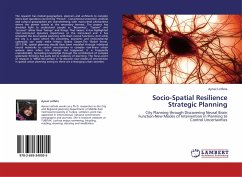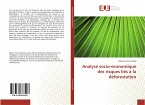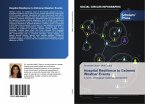The research has invited geographers, planners and architects to consider micro-level questions concerning Person . Conventional economic, political and cultural geographies are overwhelming with macro-level phenomena where the person stands at the secondary interest. The project has shedded light to understand people as Becoming , System and process rather than beings and things. That means, it has highlighted inter-communal dynamics importance at the micro-level and it has simulated the local spatial planning with Brain neural functions. And while the city is a space where the powerless, economic and environmental upheavals can easily make history (Saskia Sassen,The Global Street, 2011:574), spatial planning should have been modeled through relational neural networks to control uncertainties in complex non-linear urban systems since when the change has happened, it is frequently unpredictable. Spreading knowledge through the contribution of complex systematic thinking has justly led to resiliency of planning. The focus point of research is What the person is to discover new modes of intervention in spatial urban planning owing to there are a-changing urban societies.




